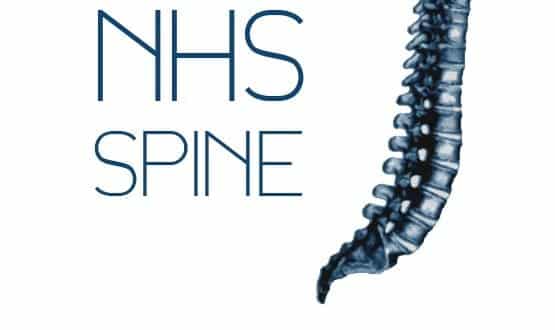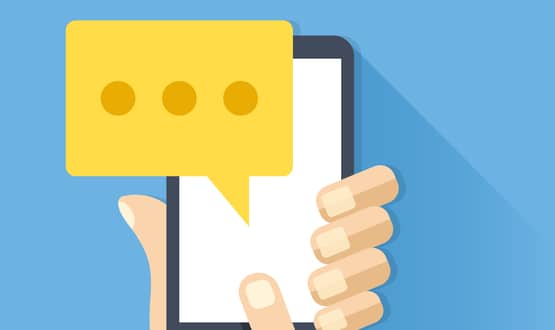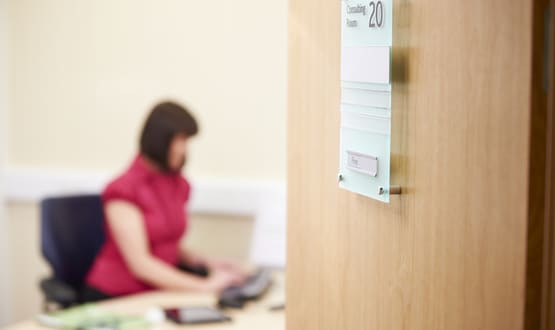GP2GP transfers: the benefits and limitations
- 11 July 2005
GP2GP electronic transfers of records are much quicker than their paper-based equivalents, but they won’t eliminate the need for paper transfers in the short to medium term, the British Computer Society primary healthcare specialist group heard at its summer conference.
Chris Leary, Connecting for Health project manager for GP2GP transfers, gave a detailed account of the new way of transferring records between practices and discussed the benefits and limitations of the changes that lie ahead.
Less manual intervention is another forecast benefit as the process needs no printing or summarisation. However, Leary cautioned: “The one thing it won’t do is enhance the quality of an electronic health record. There is no data cleansing.”
He explained that the transfer will be initiated when the patient’s new practice sends a request via the national Spine to the patient’s old practice. The old practice will respond with a positive acknowledgement if the transfer is in order and a negative if there is problem such as not being able to find the record or finding the record is not in a good order.
The old practice then has to create and release the record and send it, again via the Spine, to the new practice where it is delivered, picked up, checked and filed. Leary explained this was not wholly a back-office process: all prescription drugs and allergies needed to be reactivated.
In addition, he said there could be difficulties in translating between Read Code versions and any parts of the record where this applies will be degraded to text which may require attention at the new practice.
The new system, which has been on GPs’ wish lists for some time, is at the pilot stage with 23 practices testing it out in three primary care trusts at Gateshead, Isle of Wight and Croydon.
Leary said their transfers were being put under the microscope with evaluations of: patient safety concerns; usability of the solution; quality of training and guidance; the support package; practical benefits, such as reduction in paperwork, and users’ opinions.
Answering audience questions, Leary said the Spine would act very much as a mailbox for GP2GP transfers and would not ‘lift the lid’ on records.
Asked whether documents would be transferable, he replied: “We are looking at it. We believe it [GP2GP transfer] will cover the majority of attachment types.”




